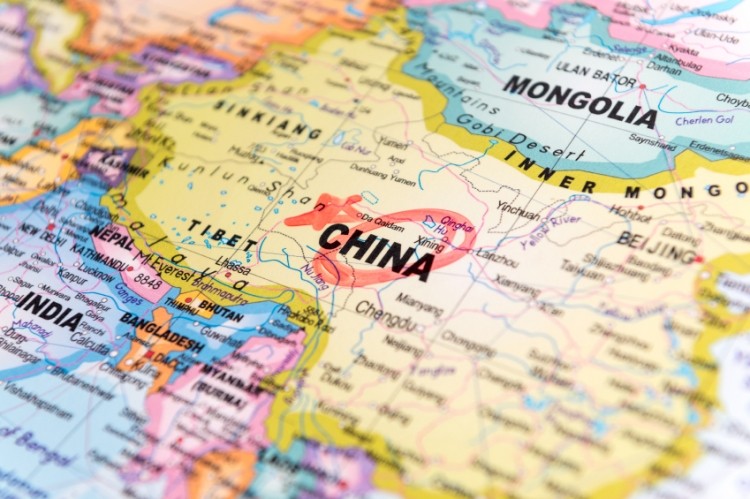‘Uncertainty’ for Chinese agri-food exporters due to rejection risk

Researchers looked at rejections due to sanitary and phytosanitary (SPS) concerns, non-tariff measures (NTMs) and restricted the analysis to agri-food products.
CEPII (Centre d’Etudes Prospectives et d’Informations Internationales) found that after border rejection of a product, some Chinese exporters of this item are more likely to exit the market.
They are partially replaced by new entrants and incumbents, which increase their market share, quantity exported and to a lesser extent, product price.
Impact of rejections
Past rejections increase the probability of exit of Chinese firms from the RASFF market by 4.8%, found the analysis.
Rejections tend to favour the entry of new and small firms more than big companies.
Regardless of past rejections, big and productive firms enter the RASFF market more easily than small ones.
Oil seeds and fish products are the Chinese sectors most affected by rejections, accounting for more than 60% as well as those relating to mycotoxin problems in peanuts.
When rejections are more frequent and cumulate, European importers concentrate orders on large, and plausibly more reliable Chinese exporters, who increase exports to the RASFF market.
“This risk is curbing small Chinese exporters and resulting in a concentration of Chinese exports from big and more productive exporters,” wrote the authors.
CEPII combined information from the European Rapid Alert System for Food and Feed (RASFF) with Chinese export data by product, destination and year for 2000-2011.
They found a total of 14,860 rejections during 1979-2011, 1,690 of which are related to Chinese shipments.
Although the authors said they could not identify individual rejected exporters, they had information on the product concerned, the product origin (China), and the year of rejection.
China is one of the countries most affected by RASFF rejections. On average, between 24% and 32% of Chinese exporters are in the RASFF market.
EU sanitary border controls
While access to the European market has become easier following tariff reductions, exporters face restrictive food safety requirements. Enforcing SPS measures is difficult, especially for firms from developing countries, according to the working paper.
They studied the effect of the standards that Chinese agri-food exporters must satisfy in the European market and the effects of rejections on the export decisions of firms serving this market.
The team found Chinese exporters face considerable uncertainty concerning the likelihood and costs involved in exporting since they could well be targeted by controls.
“Most foodstuffs imports have passed through multiple middlemen before reaching supermarket shelves which makes it extremely difficult to trace their origins.
“First, not all shipments are inspected and inspections are not random. Certain firms or products, presenting higher safety risks, tend to attract particular scrutiny. Second, some exporters, especially the biggest and most productive ones, are more able to invest in maintaining the quality of their products or in controls prior to shipment, thus reducing their risk of rejections.
“Even under the assumption of an equal distribution of quality failures across countries and random inspections, large countries will be targeted more frequently by rejections in the case of controls which disregard the origin of the products.”
If border rejections result in an increased focus and likelihood of inspection, Chinese exporters could be negatively affected by rejections affecting the same product as the one they export.
While the cost of matching a standard is certain, being rejected at the importer’s border is a risk faced by the exporter.
Shipments may fail to pass inspections and be refused entry into the importing country.
The risk is shaped by the variance in the quality of the exported products (which can be reduced by investment in quality or controls prior to shipment) and the stringency of the controls at the border.
Most rejections have a product-country dimension and are due to production methods and/or climatic conditions affecting a given country.
While European standards – often more restrictive than international ones – are not designed to discriminate against imported goods, exporters in poor countries can be priced out of exporting.
Firms exporting to other OECD markets (i.e. Australia, Canada, Japan, New Zealand, Switzerland, South Korea, and the US) may be more successful in passing RASFF inspections as these other markets also impose stringent safety regulations, and conduct inspections.
CEPII is a French institute that produces policy oriented economic research helpful to understand the international economic environment and challenges in trade policy, competitiveness, macroeconomics, international finance and growth.







